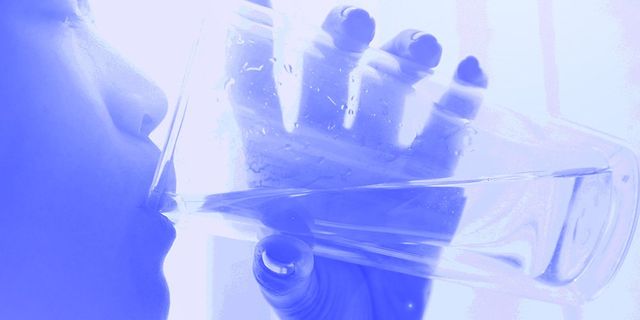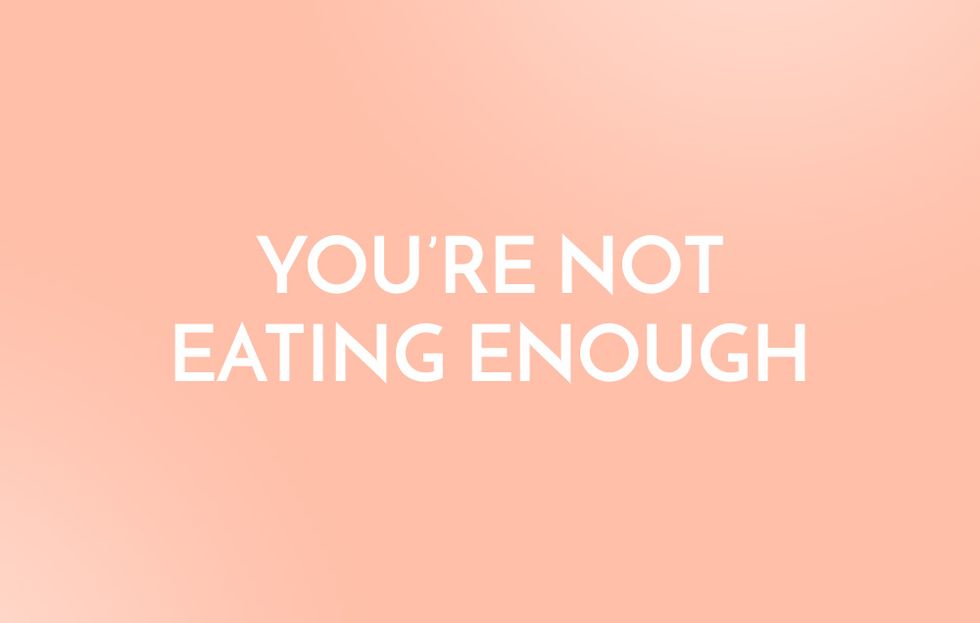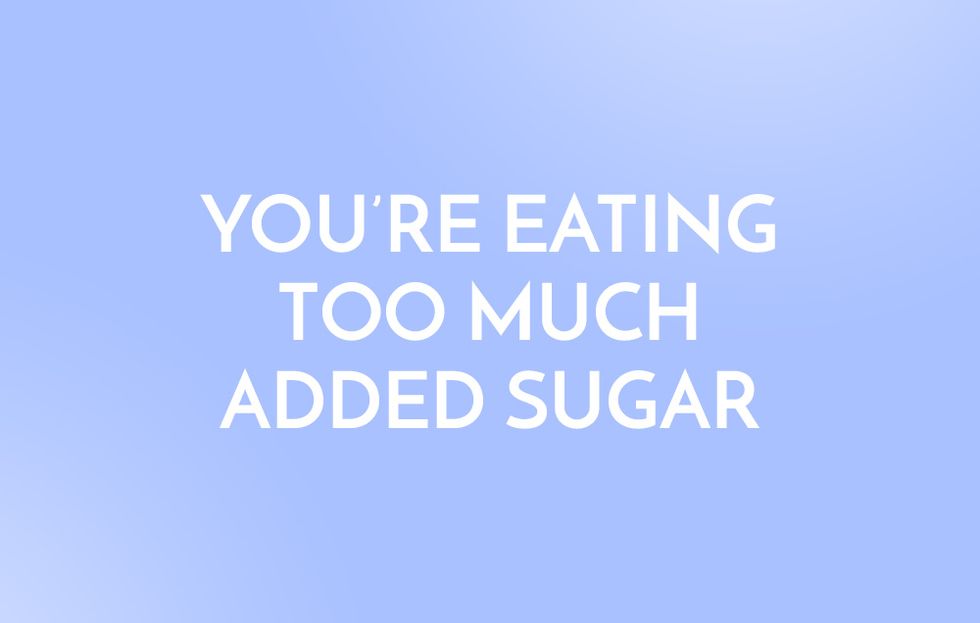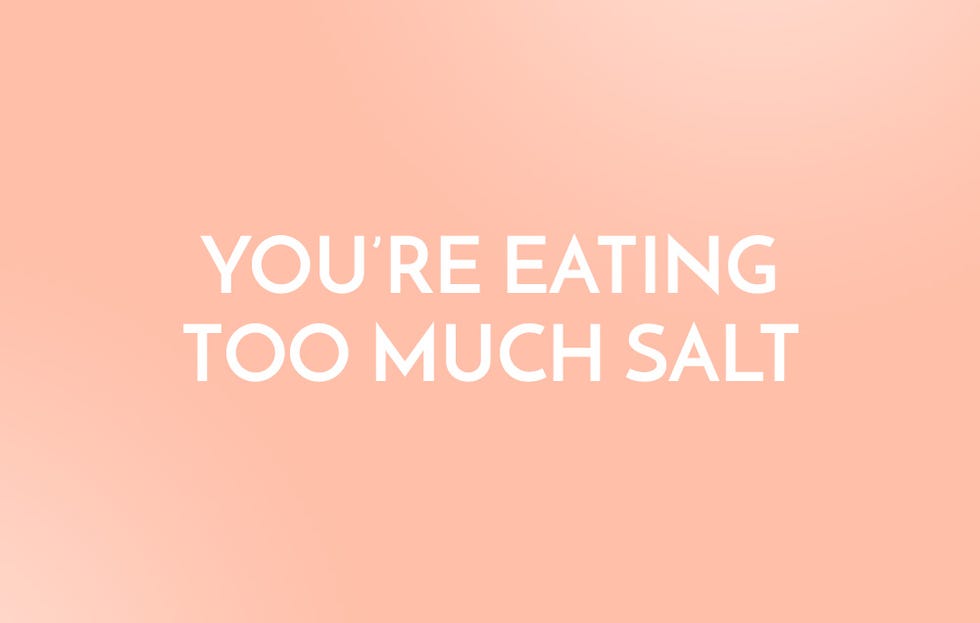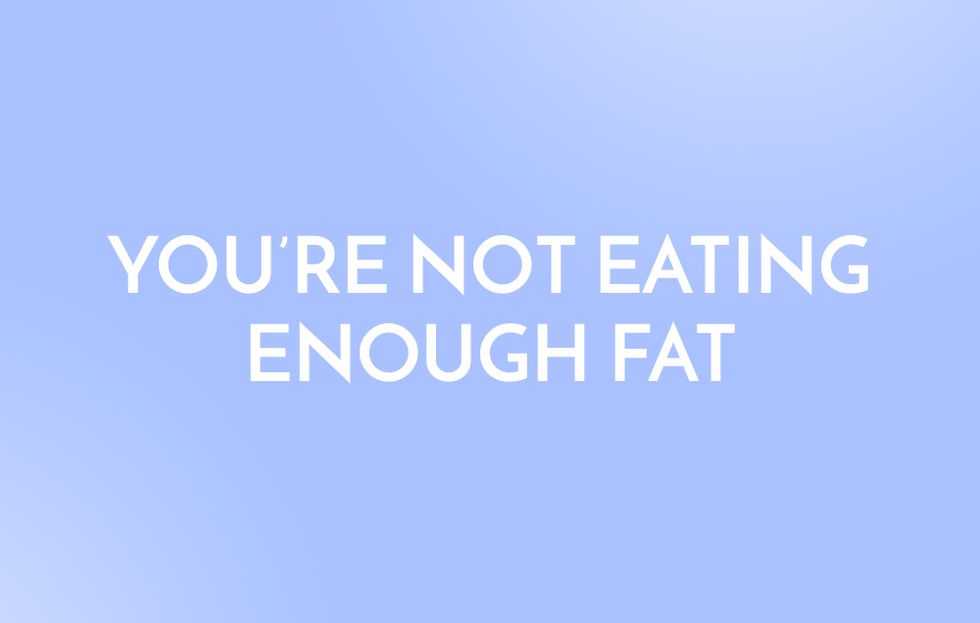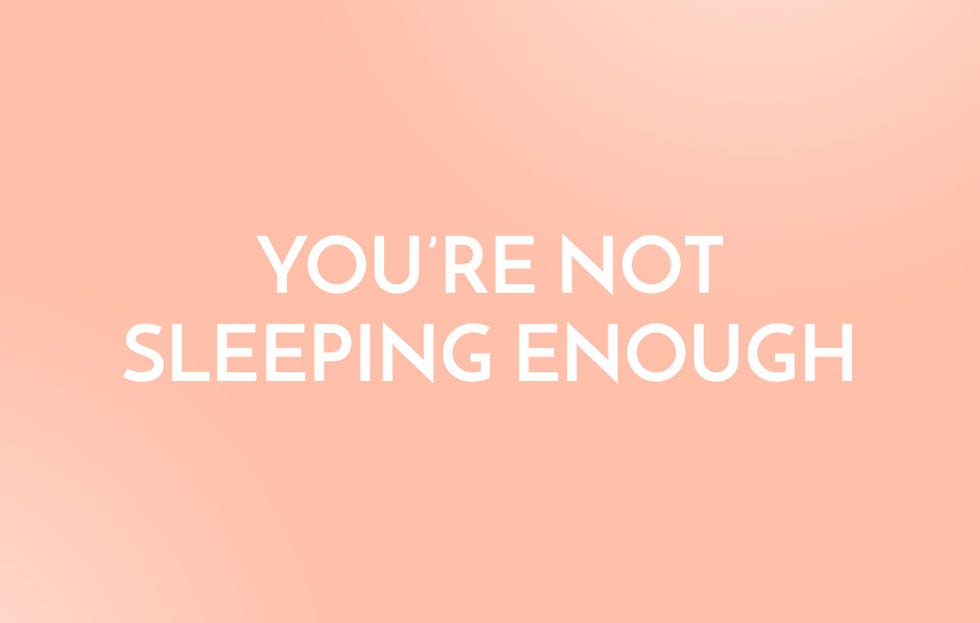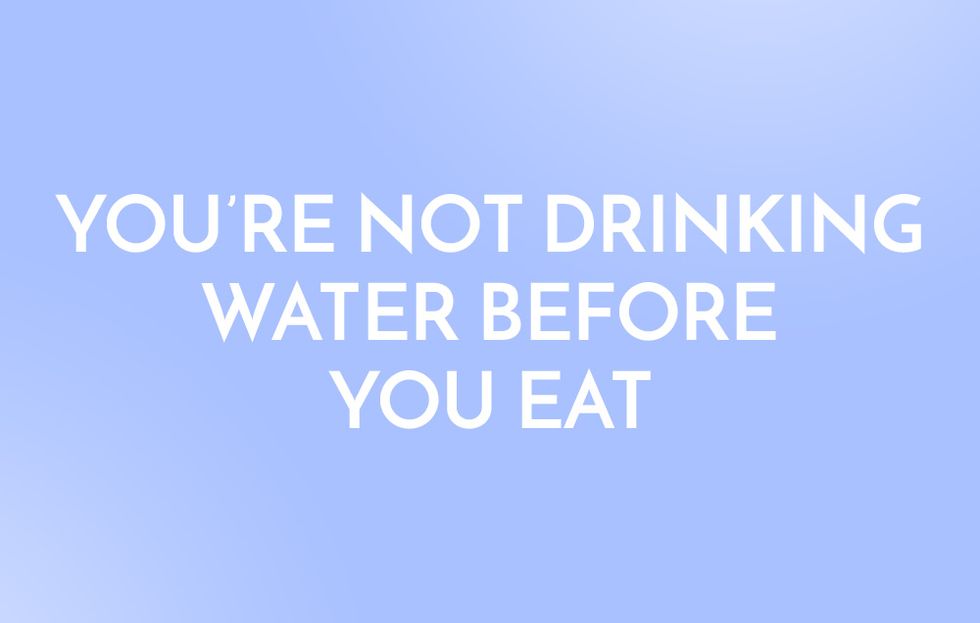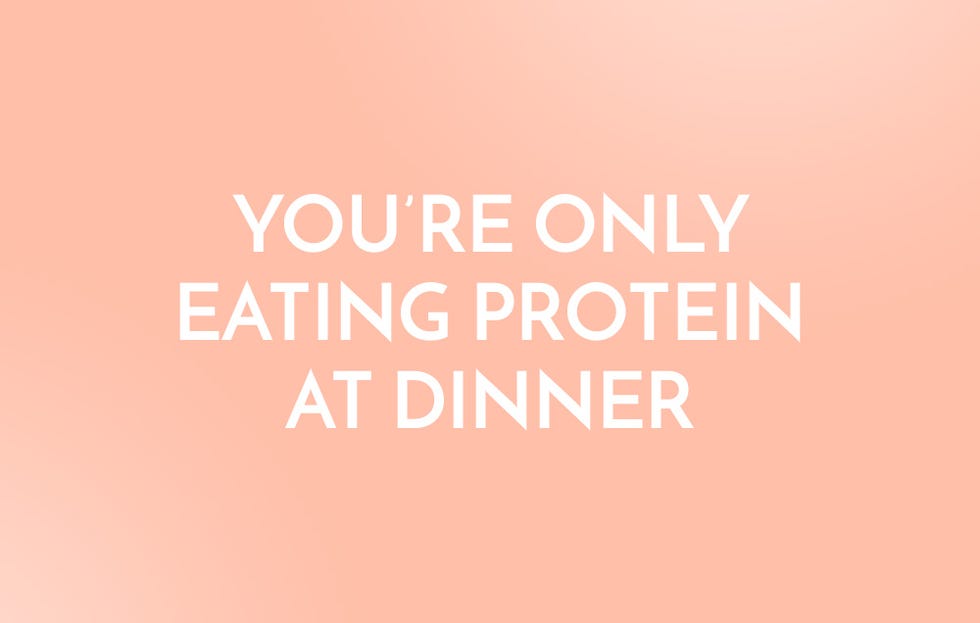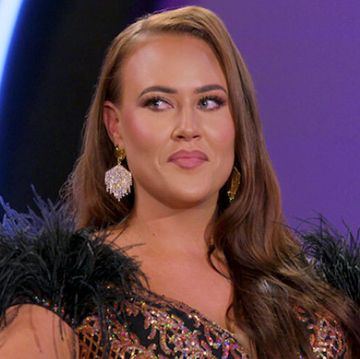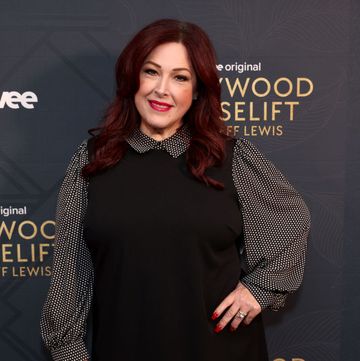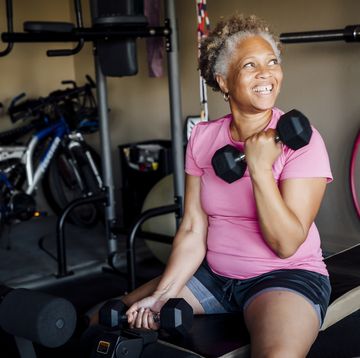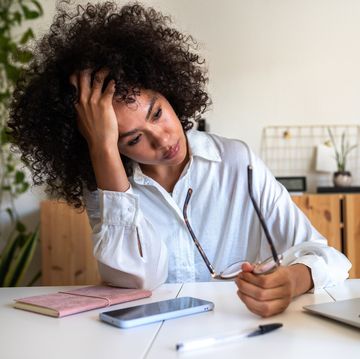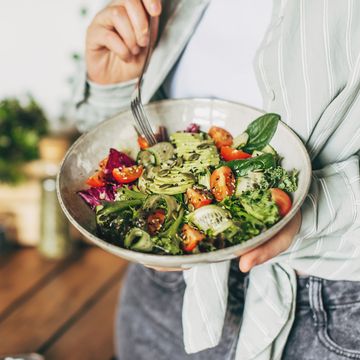7 Reasons You Haven't Been Able To Lose 10 Pounds
For those of us with 10 pounds or less to lose, that small amount can be a lot tougher to drop than it sounds.
Usually that's because it feels impossible to figure out what the hell is keeping you from your freaking goal weight in the first place. Let's be real, if you've only got 10-ish pounds to lose, you're probably already making healthy choices on the regular. You just have to tweak them a bit more, says Jessica Levinson, RD.
Here we break down the reasons you haven't been able to lose those extra lbs, and what you can do about it—stat.
From: Women's Health US
Advertisement - Continue Reading Below
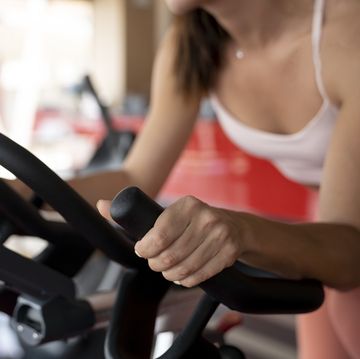
13 Exercises That Burn the Most Calories
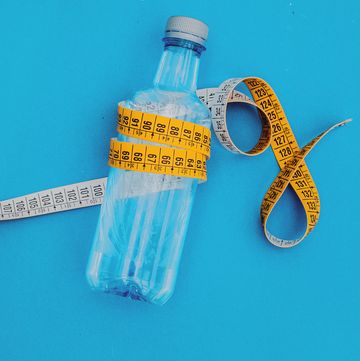
8 Effective Ways to Get Rid of Water Weight Fast

18 Reasons for Unexplained Weight Loss
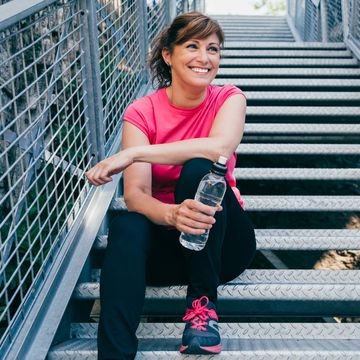
13 Best Ways to Lose Weight Over 40
Advertisement - Continue Reading Below
Advertisement - Continue Reading Below
